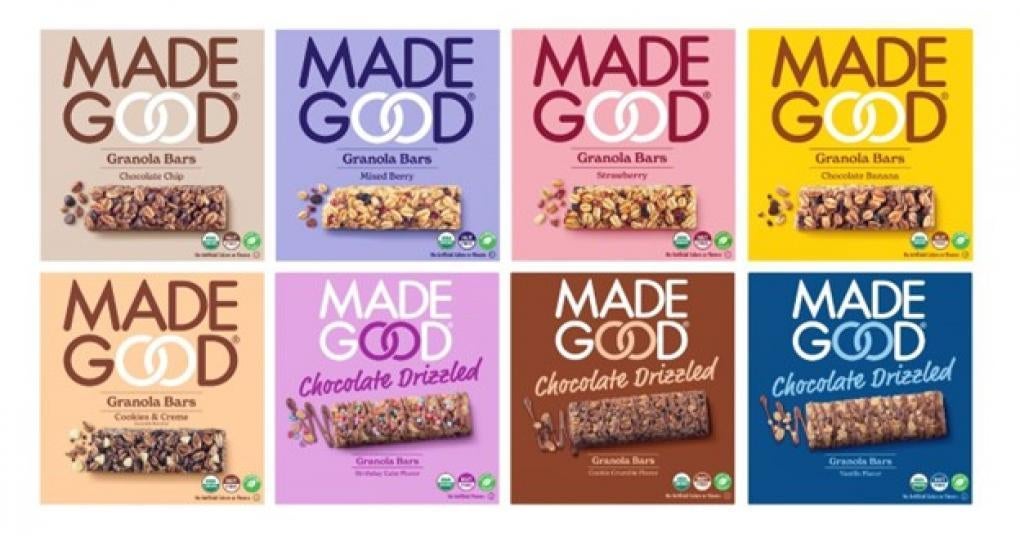Albertsons abandons $25 billion merger with Kroger after judge blocks deal
Albertsons on Wednesday called off its $24.6 billion merger with Kroger, a day after a judge temporarily blocked the union, and sued the rival grocery chain for breach of contract.
"Given the recent federal and state court decisions to block our proposed merger with Kroger, we have made the difficult decision to terminate the merger agreement," Albertsons CEO Vivek Sankaran said in a statement. "We are deeply disappointed in the courts' decisions."
Kroger, based in Cincinnati, Ohio, operates 2,750 stores in 35 states and the District of Columbia, including the chains Harris Teeter, Mariano's, Ralphs and Smith's. Albertsons, based in Boise, Idaho, operates roughly 2,300 stores in 34 states, including brands like Jewel Osco, Safeway and Shaw's. Together the companies employ around 700,000 people.
In a separate statement issued Wednesday, Albertsons said it is suing Kroger for willful breach of contract and breach of the covenant of good faith and fair dealing.
Albertsons decision to scrap the merger ends a two-year quest to create what would have become the largest grocery store merger in U.S. history, with the two businesses arguing that combining would have helped them better compete with big retailers like Walmart, Costco and Amazon.
But on Tuesday, an Oregon court ruled that the proposed union would harm grocery industry competition, finding in favor of the Federal Trade Commission, which had argued the deal would violate antitrust law.
"The Kroger-Albertsons deal always faced an uphill battle in its bid for approval," said Neil Saunders, managing director of GlobalData, in a report. "Of all the cases the FTC has litigated over the past few years, this one was the most sensitive as it involved two huge firms supplying essential goods."
Albertsons alleges breach of contract
Albertsons alleges that Kroger failed "to exercise 'best efforts' and to take 'any and all actions' to secure regulatory approval of the companies' agreed merger transaction, as was required of Kroger under the terms of the merger agreement between the parties," according to the statement.
In the statement, Albertsons claimed that Kroger breached the merger agreement by "repeatedly refusing to divest assets necessary for antitrust approval, ignoring regulators' feedback, rejecting stronger divestiture buyers and failing to cooperate with Albertsons."
In an email to CBS News, Kroger called Albertsons' claims "baseless and without merit."
"Kroger refutes these allegations in the strongest possible terms, especially in light of Albertsons' repeated intentional material breaches and interference throughout the merger process," a spokesperson told CBS News.
The companies could have appealed the rulings or proceeded to the in-house FTC hearings. Albertsons' decision to instead pull out of deal surprised some industry experts.
"I'm in a state of professional and commercial shock that they would take this scorched earth approach," said Burt Flickinger, a longtime analyst and owner of retail consulting firm Strategic Resource Group. "The logical thing would have been for Albertsons to let the decision sink in for a day and then meet and see what could be done. But the lawsuit seems to make that a moot issue."
Kroger, based in Cincinnati, Ohio, operates 2,750 stores in 35 states and the District of Columbia, including brands like Ralphs, Smith's and Harris Teeter. Albertsons, based in Boise, Idaho, operates roughly 2,300 stores in 34 states, including brands like Safeway, Jewel Osco and Shaw's. Together the companies employ around 700,000 people.
Under the merger agreement, Kroger and Albertsons — who compete in 22 states — had agreed to sell 579 stores in places where their locations overlap to C&S Wholesale Grocers, a New Hampshire-based supplier to independent supermarkets that also owns the Grand Union and Piggly Wiggly store brands.
But the FTC sued to block the merger earlier this year, saying it would raise prices and lower workers' wages by eliminating competition. It also said the divestiture plan was inadequate and that C&S was ill-equipped to take on so many stores.



